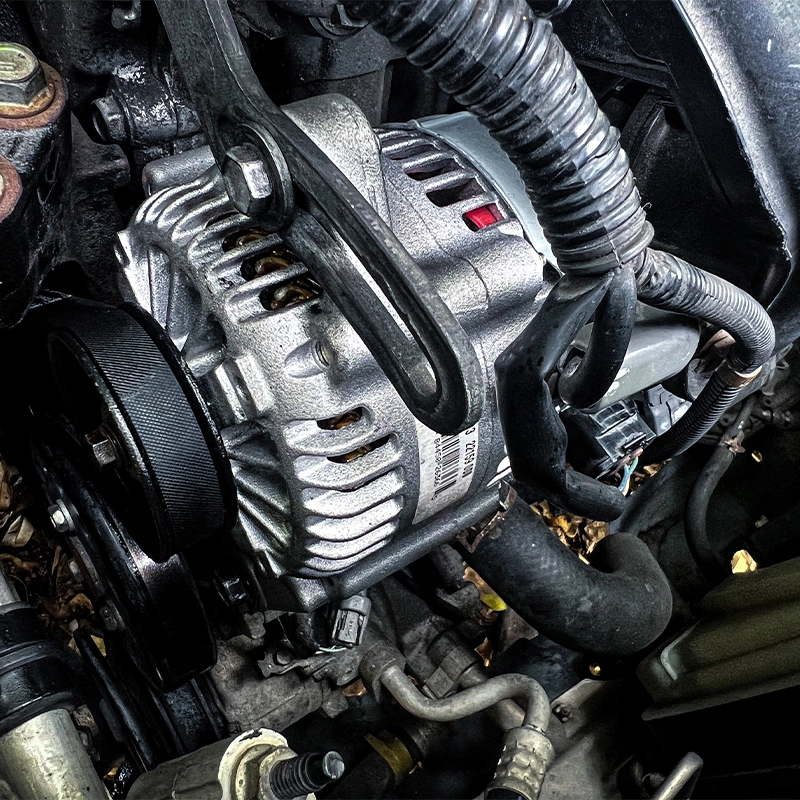Mobile:+86-311-808-126-83
Email:info@ydcastings.com
use of water pump in car
The Use of Water Pumps in Cars An Essential Component for Engine Efficiency
The automotive industry has seen significant advancements over the years, leading to improved performance, safety, and efficiency in vehicles. Among the various components that play a vital role in a car's functioning, the water pump stands out for its crucial task in maintaining optimal engine temperatures. This article delves into the importance, functionality, and maintenance of water pumps in cars.
Understanding the Role of the Water Pump
The water pump is a mechanical component that circulates coolant throughout the engine and its cooling system. This coolant, typically a mix of water and antifreeze, absorbs heat from the engine, preventing it from overheating. The process begins when the engine generates heat during combustion. The water pump then circulates this heated coolant through the engine block, cylinder head, and radiator, allowing it to dissipate heat effectively.
How the Water Pump Works
The operation of a water pump is relatively straightforward. It is usually driven by a belt connected to the engine's crankshaft, which enables it to pump coolant when the engine is running. As the water pump circulates the coolant, it ensures that the temperature remains within the recommended range. If the temperature rises too high, the water pump increases circulation, driving more coolant through the system to cool the engine.
In modern vehicles, water pumps can be mechanical or electric. While mechanical water pumps rely on the engine's belt system, electric water pumps can operate independently of the engine speed, allowing for more efficient coolant management and improved fuel economy. The choice between mechanical and electric pumps often depends on the vehicle's design and manufacturer preferences.
Importance of Adequate Cooling
Maintaining proper engine temperature is crucial for several reasons. First, overheating can cause severe engine damage, leading to costly repairs or even total engine failure. High temperatures can warp engine components, cause seals to fail, and lead to the development of leaks. Additionally, running an engine at excessively low temperatures can result in incomplete combustion, increased emissions, and reduced fuel efficiency.
Moreover, the cooling system, of which the water pump is a key component, also plays a role in regulating the engine's performance. A well-functioning water pump ensures that the engine operates within its optimal temperature range, enhancing fuel efficiency and overall performance.
use of water pump in car

Signs of Water Pump Failure
Given the water pump's central role in engine cooling, it is essential to monitor its performance and recognize signs of failure
. Common symptoms of a failing water pump include1. Overheating Engine If the engine temperature gauge frequently rises into the red zone, it may indicate water pump issues. 2. Coolant Leaks Puddles of coolant beneath the vehicle may suggest a leak from the water pump.
3. Unusual Noises A whining or grinding noise coming from the water pump area could indicate bearing failure.
4. Steam or Smoke If steam is rising from the engine compartment, it may be a sign of severe overheating due to pump failure.
5. Corroded or Rusty Exterior Visible corrosion on the pump's exterior can indicate internal issues.
Regular maintenance, including checking the coolant level and inspecting the water pump, can help prevent unexpected failures and prolong the life of the engine.
Conclusion
In conclusion, the water pump is an essential component of a car's engine cooling system, ensuring that vehicles operate efficiently and effectively. Understanding its function, importance, and signs of failure can help drivers maintain their vehicles and avoid costly repairs. As automotive technology continues to evolve, the designs and methods of cooling systems will likely improve, but the fundamental role of the water pump in engine efficiency will remain vital. Regular maintenance and timely repairs can ensure that this crucial component works well, providing a smoother, safer driving experience.
-
Understanding Metal Casting TechniquesNewsApr.02,2025
-
Understanding Exhaust Manifolds for Enhanced Engine PerformanceNewsApr.02,2025
-
The World of Metal FabricationNewsApr.02,2025
-
Key Components for Pump and Turbo EfficiencyNewsApr.02,2025
-
Essential Tools for Automotive Maintenance and RepairNewsApr.02,2025
-
Durable Valve Components for Effective Water ManagementNewsApr.02,2025











